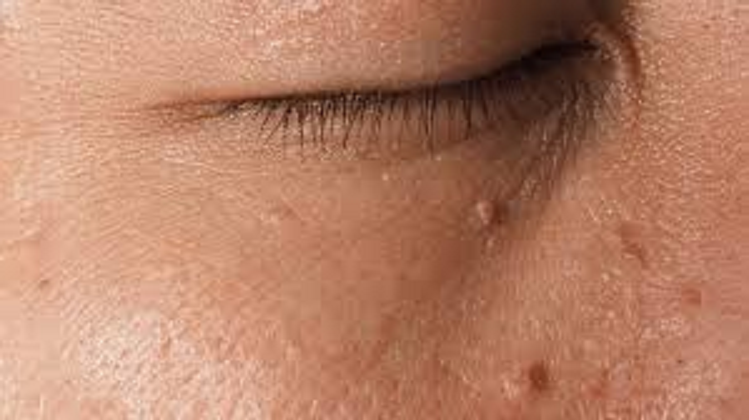Coming into contact with personal items used by infected individuals such as towels and soaps can also transmit the virus, resulting in warts.

Warts, small growths resembling small papules on the skin, may seem harmless at first glance, but their underlying cause and potential risks warrant a closer examination. Most commonly triggered by the Human Papillomavirus (HPV), these skin anomalies often appear on various body parts, particularly in children. While many warts disappear on their own, some may persist and even pose a risk of cancer if left untreated.
Human Papillomavirus, commonly known as HPV, infiltrates the body through minor skin disruptions, laying the foundation for the formation of warts. Coming into contact with personal items used by an infected individual, such as towels and soaps, can also transmit the virus, resulting in wart development.
While many warts are harmless, specific types can escalate into dangerous territory. Genital warts and HPV infections are associated with an increased risk of cancer, including anal, cervical, and throat cancers. If genital warts persist and show resistance to healing, seeking prompt medical attention becomes crucial to prevent potential cancerous transformation. Additionally, warts that are subjected to cuts or tears provide entry points for bacteria and fungi, potentially leading to various infections.

In most cases, warts tend to disappear without intervention. However, if a wart persists, several home-based remedies can be employed. Salicylic acid, for instance, can gradually dissolve the wart when applied topically. Medical professionals offer a range of treatments for stubborn warts. Cryotherapy involves freezing the wart, while immunotherapy and laser treatments are also effective options. Liquid chemicals and medications can be prescribed to tackle persistent warts, ensuring comprehensive treatment.
Warts may seem innocuous, but their connection to HPV and potential cancer risks necessitate vigilance. Any wart that doesn’t resolve on its own or exhibits unusual characteristics should be assessed by a healthcare professional. If genital warts are involved, timely consultation is vital to monitor and manage potential cancer risks. Similarly, warts that cause discomfort, change in skin color, or mar the skin’s appearance should be addressed by medical experts to prevent complications.
Photo Credits: Google










